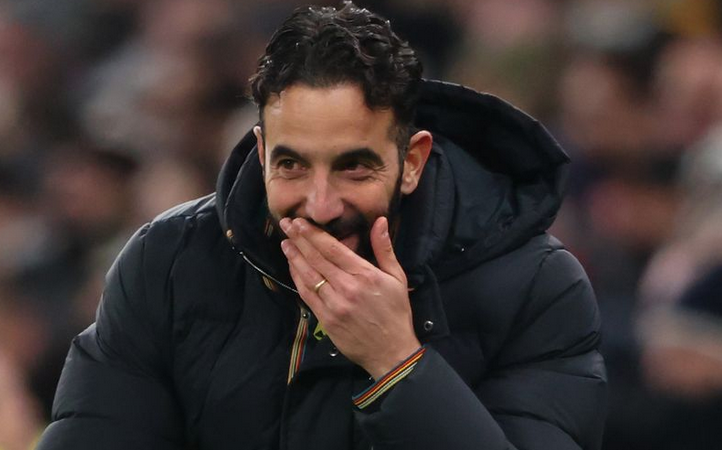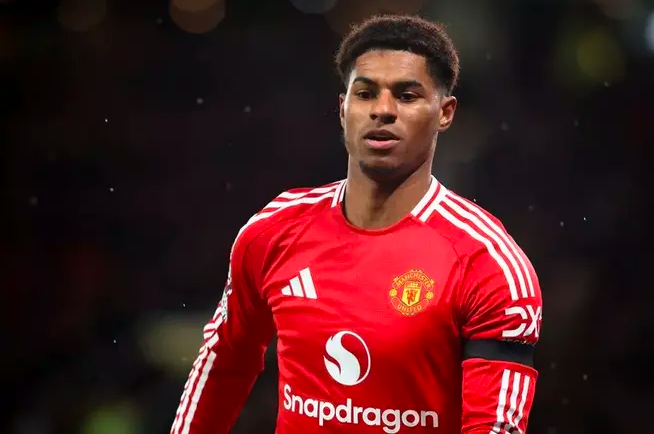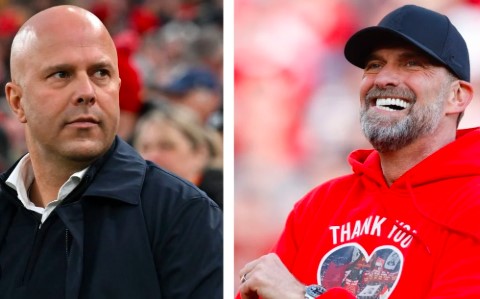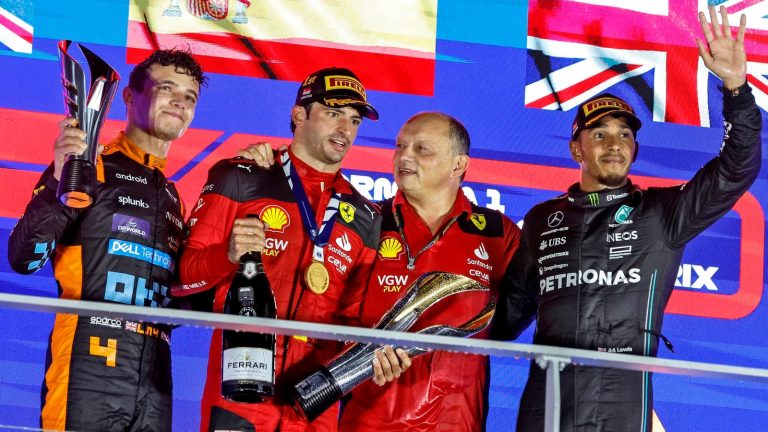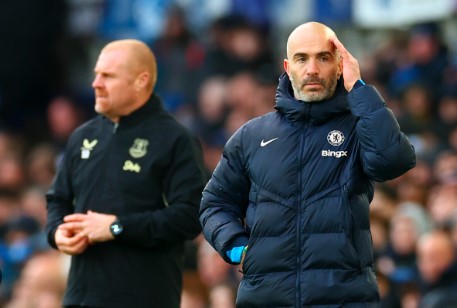The 61st Minute vs Man City Showcases Ruben Amorim’s Vision for the Perfect Man Utd
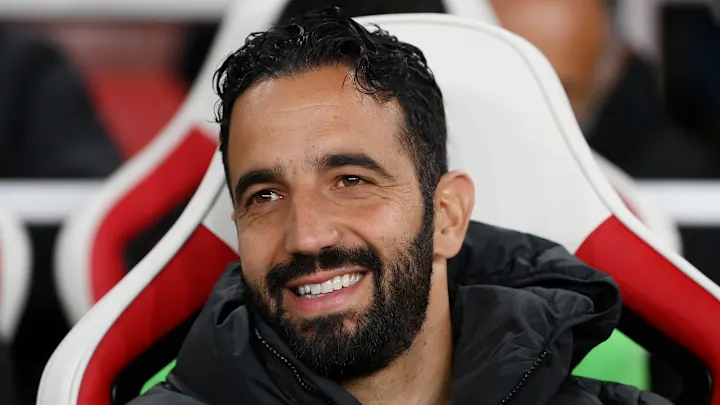
The 61st minute of a hypothetical match against Manchester City provides a vivid snapshot of what Ruben Amorim’s vision for a perfect Manchester United team could look like. Amorim, widely praised for his tactical acumen and emphasis on dynamic, modern football, has been linked with a potential move to manage the Red Devils. In this scenario, the 61st-minute moment serves as a crystallization of his philosophy, combining tactical brilliance, intensity, and team cohesion—hallmarks of his approach that could revive Manchester United’s identity.
Amorim’s Tactical Blueprint: Dynamic Pressing and Transitions
Ruben Amorim has built his managerial reputation on the foundation of high-intensity pressing, vertical football, and fluid positional play. His teams, most notably Sporting CP, excel at controlling transitions, suffocating opponents with an aggressive press, and capitalizing on turnover situations.
In this hypothetical match, Manchester United, under Amorim, finds itself level with Manchester City—arguably one of the toughest opponents in world football. In the 61st minute, United executes a perfect high-pressing sequence. Bruno Fernandes and Marcus Rashford lead the charge, cutting off Rodri’s passing lanes and forcing him into a rushed decision. Casemiro anticipates the loose ball, intercepting it with precision and immediately launching a vertical pass to a surging Alejandro Garnacho on the left flank. The move showcases Amorim’s signature emphasis on pressing traps and quick counters.
This moment reflects Amorim’s insistence on unity and synchronized movement. Each player understands their role in the press, from the forwards initiating pressure to the midfielders closing gaps. It’s a stark contrast to United’s often disjointed pressing under previous regimes, highlighting Amorim’s ability to instill discipline and purpose in his teams.
Tactical Flexibility in Possession
Once Garnacho collects the ball, United transitions seamlessly from defense to attack. Amorim’s teams are known for their fluid attacking structures, often employing a 3-4-3 or 3-4-2-1 system that morphs into a 4-2-3-1 depending on game scenarios. In this moment, United demonstrates an Amorim hallmark: positional rotation. Luke Shaw, deployed as a left-sided center-back, overlaps Garnacho, creating an overload on City’s right side. This forces Kyle Walker out of position, leaving space for Rashford to exploit centrally.
Meanwhile, Bruno Fernandes drifts into the half-space, dragging a City midfielder with him and opening a passing lane for Garnacho. This intricate positional play, with players interchanging roles fluidly, is quintessential Amorim. His philosophy encourages intelligent movement off the ball, ensuring attacking patterns are unpredictable and difficult to defend against.
Youthful Energy Meets Tactical Maturity
One of Ruben Amorim’s standout qualities as a manager is his trust in young players. At Sporting CP, he integrated academy talents like Nuno Mendes and Gonçalo Inácio into the first team, helping them thrive on the biggest stages. The 61st minute encapsulates this philosophy, with Garnacho—one of United’s brightest young stars—at the heart of the action. Under Amorim, Garnacho would thrive in a system that maximizes his directness, flair, and ability to exploit space.
Amorim’s ideal Manchester United wouldn’t just rely on experienced players like Casemiro or Fernandes but would blend them with the youthful energy of players like Garnacho, Kobbie Mainoo, and Hannibal Mejbri. This balance of youth and experience ensures a team that’s both dynamic and composed in high-pressure moments.
Defensive Solidity as the Backbone
Amorim’s teams are not just about attacking flair; they are built on a foundation of defensive organization. As City counters following United’s attacking sequence, the team’s defensive shape quickly snaps back into place. Lisandro Martínez, a perfect fit for Amorim’s system due to his aggressiveness and ability to play out from the back, steps up to intercept a through ball intended for Erling Haaland. Meanwhile, Raphael Varane and Shaw close off passing lanes, ensuring City’s attack fizzles out.
This defensive solidity underpins Amorim’s philosophy. His teams defend as a unit, with every player contributing to the defensive effort. It’s a stark contrast to United’s occasional lapses in concentration and structural weaknesses seen in recent years.
The Perfect Vision of Ruben Amorim’s Manchester United
The 61st-minute moment exemplifies everything Amorim would bring to Manchester United: tactical intelligence, cohesion, and a modern approach to the game. It’s a snapshot of a team playing with purpose, executing a high press, transitioning quickly, and defending with discipline. Amorim’s emphasis on youth development, positional flexibility, and collective effort could be the key to reviving United’s fortunes and returning the club to its rightful place among Europe’s elite.
Under Amorim, United wouldn’t just compete with teams like Manchester City; they would have a clear identity, one that combines the club’s traditions with the demands of modern football. The 61st minute isn’t just a moment—it’s a promise of what could be under Ruben Amorim’s leadership.

